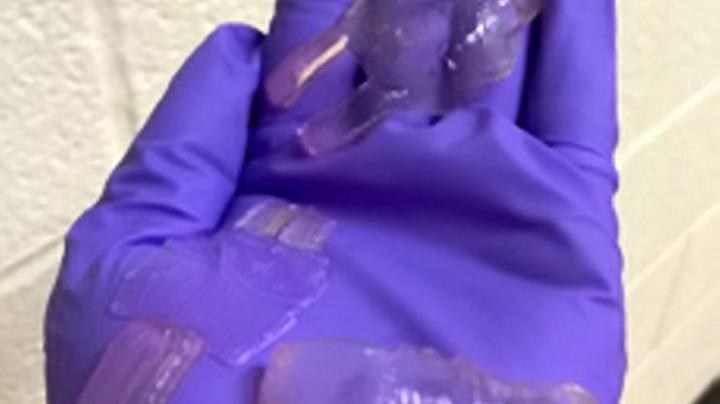GPT Chat is a large language model trained by OpenAI, its function is to assist users in generating human-like text based on the input provided to it. It can assist with a wide range of tasks, such as answering questions, providing explanations, and generating original text. It’s designed to generate natural-sounding text, and it’s constantly learning and improving. It’s able to process and generate text at scale, making it a powerful tool for natural language processing and generation. It’s ultimate goal is to make it easier for people to interact with computers and access information using natural language.
Give it a try: https://openai.com/blog/chatgpt/
I had GPT Chat rewrite an article… More.
We’ve trained a model called which interacts in a conversational way. The dialogue format makes it possible for to answer followup questions, admit its mistakes, challenge incorrect premises, and reject inappropriate requests. is a sibling model to InstructGPT, which is trained to follow an instruction in a prompt and provide a detailed response.
We are excited to introduce to get users’ feedback and learn about its strengths and weaknesses. During the research preview, usage of is free. Try it now at chat.openai.com.
Try







